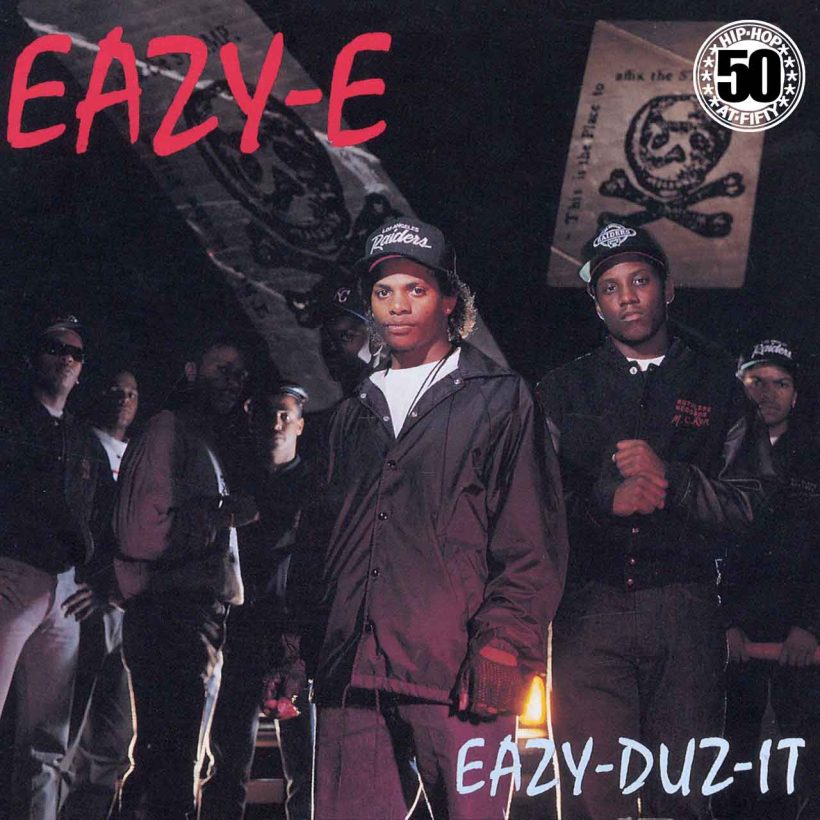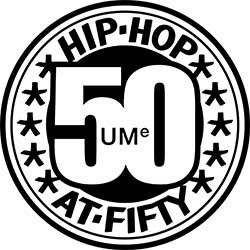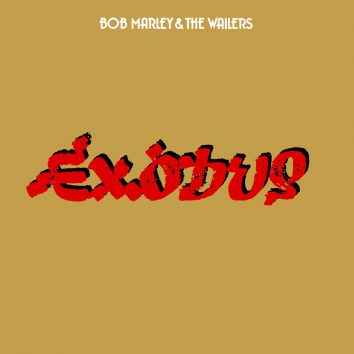Eazy-E’s Debut Album ‘Eazy-Duz-It’ Is A Crass, Confrontational Classic
Decades later, the album is still a valuable document from one of hip-hop’s most daring MCs.

When “Boyz-n-the-Hood” finally made the Billboard charts, Apple was rolling out its fifth generation of iPhones, the Barack Obama presidency was winding down, and Eazy-E had been dead for more than 20 years. Despite being one of the songs that best typified early gangsta rap – especially the variety that sprawled out from the West coast to validate the experiences or capture the imaginations of young people around the country – its success was not exactly measurable. Part of this was by design: Eazy and the rest of N.W.A were banned from many radio stations when they debuted, and the charts did not exactly account for non-traditional forms of distribution. But by 2015, when N.W.A was further immortalized in the movie Straight Outta Compton, which became an international hit, their impact – and Eazy’s – had become undeniable.
There’s no question that the N.W.A album, from which the movie takes its name, is one of the most essential records in the history of rap and American pop culture at large. It irreversibly changed the course of the genre and gave the West coast the sort of commercial cache that had previously been limited to New York. But just a month after its release, Eazy, the mastermind behind the group and its label, Ruthless Records, returned with another LP: his solo debut, Eazy-Duz-It. And while the album isn’t the history-making, genre-warping masterpiece that Straight Outta Compton is, it’s a valuable document from one of hip-hop’s most daring, brazen capitalists, unafraid of anybody and sensing his time had come.
Stream Eazy-E’s Eazy Duz It now.
Eazy was born Eric Wright in Compton – of course – in 1964. He dropped out of high school in the tenth grade and made money for years in ways that could be described, at best, as quasi-legal. But when he founded Ruthless Records in 1986, he set in motion a chain of events that would make him one of the most infamous figures in the country at the end of the Reagan years.
N.W.A was anchored by Dr. Dre’s production, which fused the frantic, layered buzz of Public Enemy with the long, laconic grooves of Southern California, and by Ice Cube, who was a world-class political agitator from the moment he picked up a mic. But Eazy was the group’s swaggering id. Despite being only a vocal performer (throughout his career, Eazy’s lyrics were penned chiefly by Ice Cube, the D.O.C., and MC Ren), Eazy was inimitable, his voice a high-pitched, sneering whine that could cut through radio distortion or attempts at censorship. He made the group funnier, meaner, more alien, and while N.W.A’s fashion aesthetic might have been born out of collaboration, no one wore all-black like Eazy.
But Eazy-Duz-It was not the careful balancing act that Straight Outta Compton had been. It tries to round out Eazy’s persona, and does so by careening from threats to jokes to improbable boasts and back again. The album is anchored, of course, by the “Boyz-n-the-Hood” remix, which is Eazy’s appeal and worldview boiled down to six minutes: a grinning, goofy ride where death lurks around every corner. Unlike Compton, which aimed to synthesize many different sounds that had been bubbling in Los Angeles into a unified whole, Eazy-Duz-It often lets you see the seams.
This is true of the production, but also could be read as a natural extension of Eazy’s style in the vocal booth. There are points on the album – take the brutal crime narrative on “Nobody Move,” which Eazy occasionally strains and struggles to sell – when you are distinctly aware of the star’s amateurism when it comes to the finer aspects of making a record. Maybe, in 1988, this had the chilling effect of casting Eazy as a criminal who couldn’t be bothered to perfect his musical skills. Today we know the slightly different, even more American truth: Eazy was deeply invested in the success of N.W.A, Ruthless, and himself, but subscribed to the sort of antagonistic, absurdist capitalism that grounded so much hip-hop through the 80s and 90s. He was going to get his records into every home in America through force of charm and sheer will, not by spending 10 thousand hours scribbling rhymes and practicing his breath control. There was money to be made.
Eazy-Duz-It was not instantly bronzed the way the solo debuts from Ice Cube and Dre were. (That said, it should come as no surprise that Eazy thrived on the acrimony that came with the group’s breakup; when he should have been pining for Dre beats and lamenting the loss of Cube’s pen, he threw himself into the fray with his legendary 1993 EP It’s On (Dr. Dre) 187um Killa, his best and best-received work.) But in its way, Eazy-Duz-It is the clearest distillation of Ruthless Records’ initial goal: to disrupt and unsettle, to offend and mock and – above all else – to entertain. And entertain it does: “We Want Eazy” finds the pocket and can’t be yanked out of it; “No More ?s” turns Eazy’s sometimes adversarial relationship with the press into a lighthearted bit of mythmaking. Eazy-Duz It is brimming with personality in a way few records in any genre could ever hope to be.
At the end of February 1995, Eazy was admitted to Cedars-Sinai, thinking that the piercing cough he’d caught might be due to asthma. He never left the hospital. Eazy-E passed away on March 26, 1995, of complications from AIDS. He announced his diagnosis a week prior to his death, and radio stations held what were essentially city-wide vigils during his final days. In that span, Eazy was visited by many of those longtime friends with whom he’d recently fallen out, Dre, Snoop Dogg, and Ice Cube among them.
The mythic version of Compton that Eazy conjured in the minds of people who had never set foot in the city has been so thoroughly internalized that it acts as a sort of shorthand for music fans – rappers who claim the city are given a certain gravity and are instantly placed in a lineage that traces back to N.W.A. But it’s not all dangerous. In the more than two decades since Eazy’s death, hip-hop has become a massive commercial force around the world, in ways that are both radical and deeply, mundanely normal. Snoop, for example, has adapted shrewdly: once a defendant in a murder case and the cause of moral panic in op-ed pages, he’s become America’s lovable, perpetually stoned uncle, hosting cooking shows with nice white ladies and cracking jokes at awards shows. But Eazy didn’t live to follow that arc, and his legacy has not been softened or altered. In the mind’s eye, he’s still in his physical and musical prime, terrorizing cultural conservatives and taunting the LAPD. And inside the gold casket he was buried in, he’s wearing jeans, a flannel shirt, and a Compton hat.
Stream Eazy-E’s Eazy Duz It now.
Editor’s Note: This article was first published in 2018.

In celebration of hip-hop’s 50th anniversary, uDiscover Music is publishing 50 album reviews throughout 2023 that highlight the breadth and depth of the genre. The Hip-Hop 50 logo was designed by Eric Haze, the mind behind iconic graphics for EPMD and LL Cool J.














